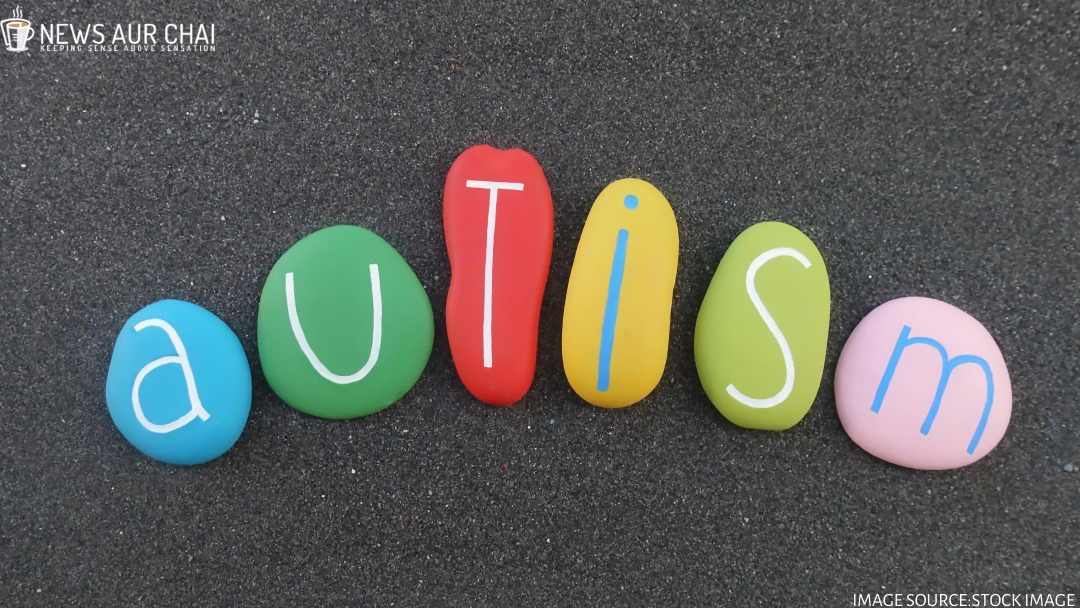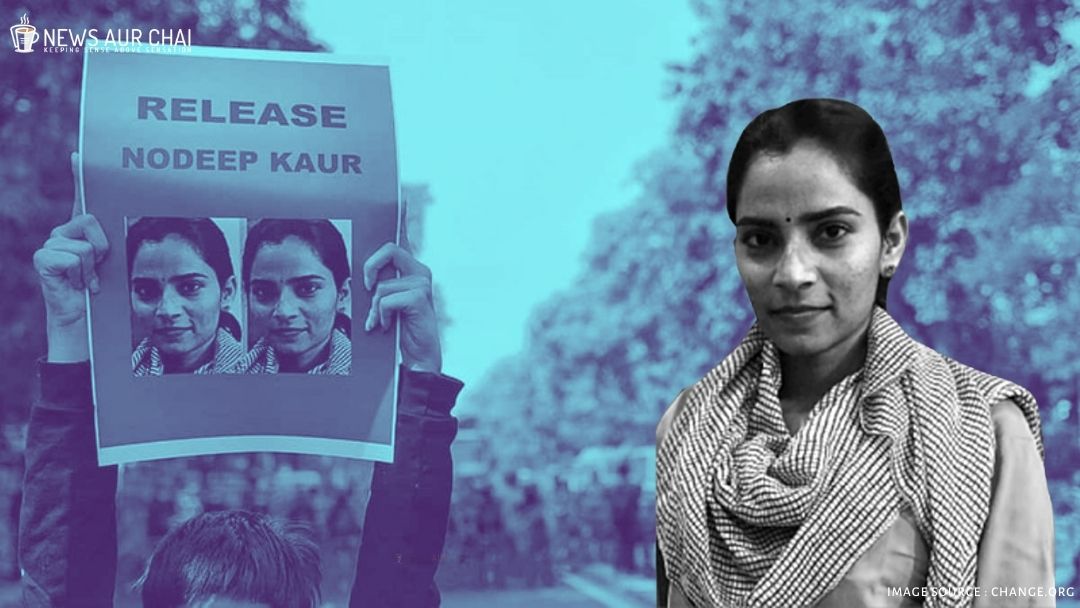Autism Awareness: Educating and Sensitizing Youth

Remember Priyanka Chopra’s compelling character Jhilmil from the movie Barfi — Jhilmil, an autistic girl with slurred speech, inefficiency in social interaction, tenacious recurrence of words or actions, weariness with strangers, assistance for simplest tasks —attracted your prompt consideration. And your mind took cognisance of the uniqueness of Jhilmil and deliberated that it’s okay to be different. A human has diverse propensities of seeing, learning, interacting and reciprocating with its environment and all it seeks is sympathetic reception and acceptance.
Autism spectrum disorder (ASD) is a developmental “disorder.” It refers to a broad range of conditions characterised by difficulties in social interaction, impaired communication and language, repetitive behaviour, and a minuscule degree of interests and activities which are distinctive to each and carried out repetitively but with unwavering passion. Autism is considered a “spectrum” disorder because no two people with autism have the same strengths or challenges. The spectrum involves individuals being entirely nonverbal in severe cases, to less severe Asperger’s syndrome, yet most struggle with social situations and complexity in interpreting the emotions and feelings of other people.
Autism is the fastest-growing developmental disability in the world. According to the World Health Organisation, worldwide, one in 160 children have Autism Spectrum Disorder. In India, one in 500 people are diagnosed with autism, that translates to 21.6 lakh individuals according to the Rehabilitation Council of India. In most cases, the signs of ASD become visible during the first five years of life and then continue with adolescence and adulthood. However, According to autismspeaks.org, the autism diagnosis age and intensity of autism’s early signs vary widely and not all children with autism show all the signs. Many children who don’t have autism show a few, and that’s why professional evaluation is crucial.
There are many co-occurring conditions manifested by an individual with ASD like depression, anxiety, epilepsy and Attention Deficit Hyperactivity Disorder (ADHD). As much as variety in the intellectual capabilities of the individuals, the independence of the person with ASD also varies. At the same time, some can live independently, while others in severe cases, employ life-long care and support.
Only in the year 1991, an initiative by parents with autistic children started the Action for Autism (AFA) initiative to aid people affected by the disorder. Later on, a league of organisations and schools sprang up in the country which includes Asha, Communication DEALL, Development Centre for Exceptional Children and Ashiana, to name a few. It was only in the year 1994 that the first school for autism affected youth called Open Door was established in India. In the late 1990s, the nation witnessed the establishment of 15 such schools with enrollment ranging from 5–70 students in each, according to a report published by the Rehabilitation Council of India.
The world we live in today has just spared a stigmatised and discriminatory environment to the individuals with ASD. Not only do they lack adequate service and support, inequitable health care facilities, forbidden proper education and opportunities to engage in their community but also endure human rights violations. Such are the conditions; the society proffers to them. As much as we need to take good care of the person with ASD, we need an equally sensitive community and raise awareness for people to understand and not be frightened by the disability.
We need to provide an environment of inclusivity to the people with the disorder. Many organisations and schools are actively participating in helping people with the condition with sessions of speech therapy to sensory training, parent skills training programmes to carry about a positive behavioural change and lessen the barriers of communication. The world observes World Autism Day on April 2 to raise awareness about Autism Spectrum Disorder. Still, the drive to sensitise the society and pool opportunities for a person with ASD should be all through the year, only then will we succeed in understanding the need of early intervention and will be able to aid them with a substantial amount of time and care.





